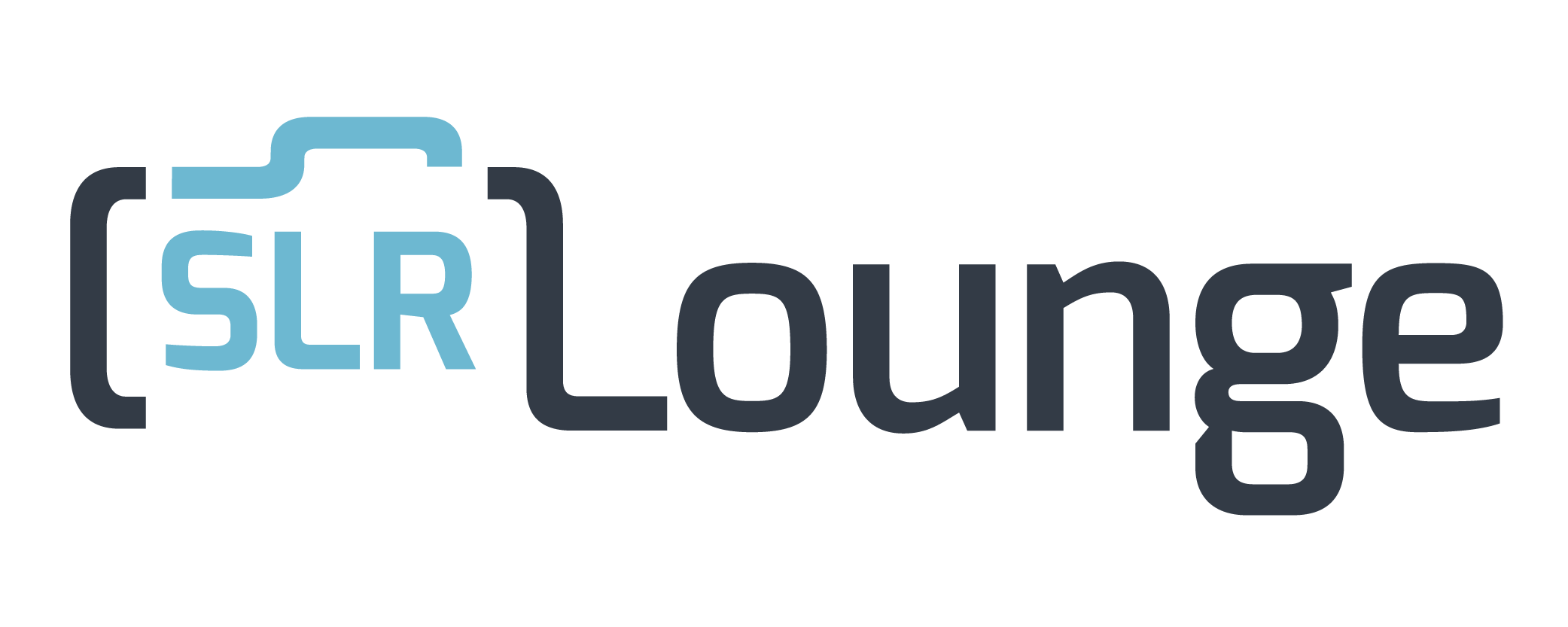The advice contained in this article is the single most important thing for anyone wishing to start a career as a commercial photographer. In fact, regardless of what genre of photography you want to operate within, this advice will be relevant.
You Are Not The First And You Won’t Be The Last
Sorry in advance this part is a little depressing but you need to hear it. You are not special, you’re not the first person who wanted to be a photographer. Your work might be good, but there’s probably better out there. Even if your work is the best, you’re not going to find work straight away. There will not be a queue of agents hoping to sign you up. Brands don’t know who you are, art directors don’t know who you are, and agencies don’t know who you are. You’re new.
No matter how hard you work, it will (probably) take years and years before you begin to see success (whatever that is). During that period of hard graft and rejection, you will be poor, sometimes very poor. Despite this, you’ll still need to pay your rent, mortgage, buy your kids clothes and eat.
This is where so many photographers fail. It does not matter how good you are, serendipity will always play a massive role in the speed of your “success”. People may tell you that all you have to do is work hard, and to an extent they’re correct, but unless you can support yourself during those tough months it doesn’t matter how good you are or how hard you work, you will eventually be at the point of, “Crap! I tried so hard but I have no money and now I need to pay my rent! Better go and get a real job…”.

Golden Advice From A Working Commercial Photographer
Despite how hard you try, success takes time, sometimes a lot of time. So how do you ensure you can be financially buoyant throughout your early career? The solution is simple but so often overlooked: find a means to financially sustain yourself during the quiet moments.
[REWIND: How To Create A Sustainable Photography Career | Remaining Viable Among Market Shifts]
This can come in all shapes and sizes from assisting other photographers, doing so-called ‘money jobs’ (jobs that you only do to pay the bills), working for photography studios, working for photography companies, teaching photography classes, or if none of that is available to you, then working an unrelated part-time job. They key is that this work will always keep you going financially but will allow you to keep plugging away at what you really love; commercial photography, fashion, still life, weddings, boudoir and so on.
Begin Your Photography Career With A Kick-Ass Portfolio
My method is working for other studios. I’m lucky enough to live in London and have relationships with some of the biggest e-commerce studios. It’s not glamorous work (that’s kinda the point), but it pays the mortgage.
In an ideal world, this work will give you additional benefits. For example, working in a large e-commerce studio gives you the opportunity to meet other working photographers, stylists, art directors, and to work with some of the biggest brands in the world.
Starting your career with a kick-ass portfolio will open so many doors to you. I get emails all the time from people either asking to assist me (sorry but I rarely need any) or asking for advice. I always tell them what I’ve told you here and I tell them to build a kick-ass portfolio.
https://www.instagram.com/p/BYG2_FUDJFw/?taken-by=square_mountain
[REWIND: How To Build A Still Life Portfolio (& Others) On A Budget]
Your portfolio is your CV. It says who you are and how good you are. Without a decent portfolio few people will take you seriously. When I needed to find the type of work I’ve talked about today, I sent my portfolio out to a selection of companies. Almost all of them got back to me because they could see my skills as a photographer. These people get sent portfolios every single day. If you don’t stand out in a good way, you won’t get work. The same can be said no matter who you’re contacting; agencies, art directors, brands, etc.
Summary – The Secret To Success As A Commercial Photographer
The Big secret is that there is no secret. Yes, you must work hard and be determined. You should probably be on social media, do test shoots, expand your portfolio, contact agents, directly contact companies and so on, and so on. You should do all of these things, and every other thing you can think of, to gain traction and notoriety within your field.
[REWIND: How To Shoot Fashion | Style & Directing Tips To Serve Your Career]
The crux of this whole article, the message you should go away with, is that this is not a quick process. If you want to be a successful commercial photographer, prepare to spend years grafting to get to that point. During those years, if you’ve not got a way to keep yourself going financially, you will fail. Success comes to those that are able and prepared to weather the storm.
SLR Lounge will be covering much more to do with launching and running a successful photography business, and here’s a primer with one of the founders, Pye Jirsa, on CreativeLive, below.
Find more on SLR Lounge Premium













